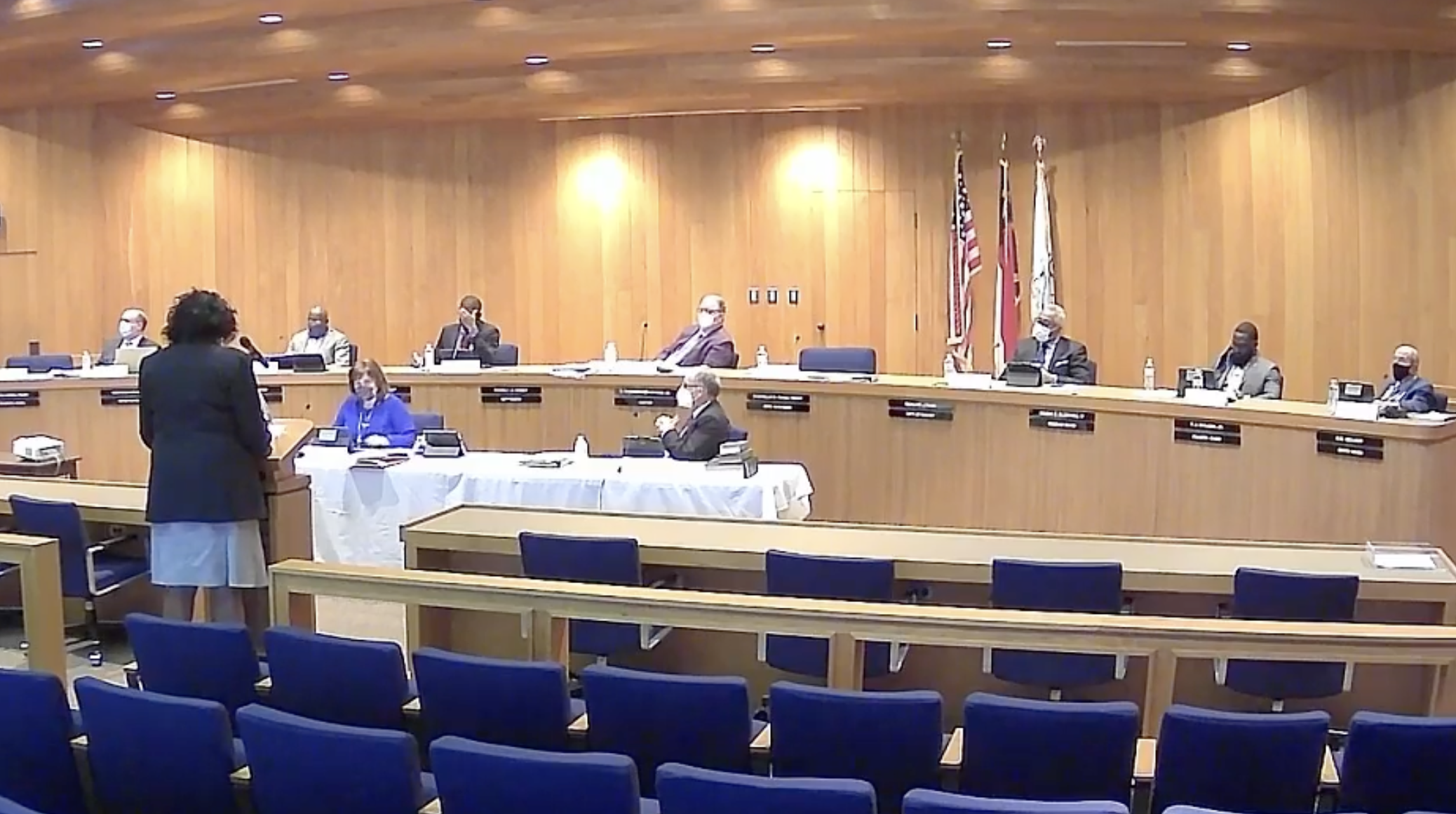Governor Cooper visits monoclonal antibody treatment site in New Hanover County
RALEIGH: Governor Roy Cooper visited Cape Fear Clinic in Wilmington to see their COVID-19 operations. The clinic offers COVID-19 tests, vaccinations and monoclonal antibody treatments.
“While vaccines are our best tool in the fight against COVID-19, monoclonal antibody treatment is available if you do get infected,” said Governor Cooper. “This treatment will help us save more lives as we work to turn the corner on the pandemic.”
"The healthcare workers at Cape Fear are doing an outstanding job of serving their community through this pandemic with vaccines, testing and treatment," said NCDHHS Secretary Mandy K. Cohen, M.D. "We can ease their burden – and protect ourselves and our community - by getting vaccinated now."
“Cape Fear Clinic is our communities’ only full-service free or charitable clinic, serving the low-income and uninsured from Brunswick, Columbus, New Hanover and Pender counties since 1991. We provide primary and specialty care, mental health services, and have an integrated full-time, full-service pharmacy,” said John Devaney, CEO of Cape Fear Clinic. “Since January, we have provided over 2,000 COVID-19 vaccinations and 89 Monoclonal Antibody Therapy Infusions to those in our community.”
Cape Fear Clinic is a nonprofit, 501c3, charitable clinic that provides regular medical care to low-income and Medicaid patients. Since the beginning of the pandemic, they have focused on providing care to the entire community, not just patients. The clinic administers around fifty monoclonal antibody appointments each week, providing treatment free of charge to eligible patients. They are seeing an uptick in monoclonal antibody usage and are filling every appointment.
Two weeks ago, the Governor signed Executive Order 232 to make it easier for North Carolinians to access treatment for COVID-19. The Order authorizes and directs State Health Director, Dr. Betsey Tilson, to issue a statewide standing order to expand access to monoclonal antibody treatment, which if taken early can decrease the risk of severe disease, hospitalization and death.
To date, North Carolina has administered more than 10.8 million doses of the vaccine. Sixty-seven percent of adults have received at least one shot, including 89 percent of North Carolinians ages 65 and older. Sixty-two percent of adults have been fully vaccinated.
Learn more about the state’s vaccine distribution at myspot.nc.gov (English) or Vacunate.nc.gov (Spanish). Use NCDHHS’ online tool Find a Vaccine Location to find a nearby vaccine site. Call the state’s COVID-19 vaccine hotline at 888-675-4567. Ask your doctor about Monoclonal Antibodies or call the Combat COVID Monoclonal Antibodies Call Center at 1-877-332-6585 (English) or 1-877-366-0310 (Spanish).
Video footage of this event will be available for media use here, here, and here.



